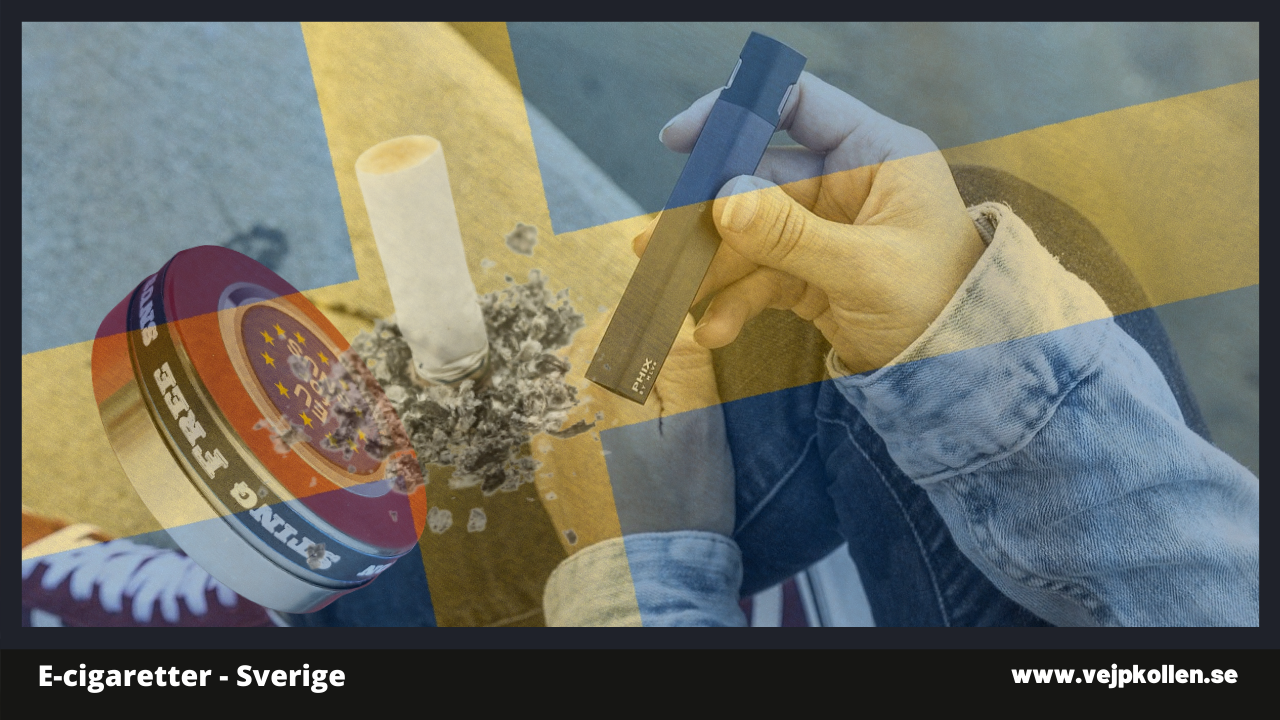The decision by the Ministry of Social Affairs to change the mandate of the FHM and the National Board of Health and Welfare to have a clear focus on harm minimisation for smokers was welcomed by both user associations and political commentators.
"Finally some common sense in tobacco policy" exclaimed editorial writer and author Mattias Svensson in SvD.
The debate on harm minimisation for smokers has been intense in recent years. The uptake of both less harmful nicotine products such as traditional snus and nicotine pouches has increased significantly, as has the use of e-cigarettes. At the same time smoking reduced to such low levels that Sweden is considered smoke-free by WHO standards. The EU has also recognised Sweden's low rates of smoking-related damage in relation to relatively high nicotine use.
"Silly strategy"
Mattias Svensson, editorial writer at SvD, notes that this has happened despite the fact that the previous Social Democratic government was a brake on the process. For years, with the support of various state-funded lobby groups, the S government has worked to reduce all tobacco and nicotine use, including snus and e-cigarettes.
"This strategy has not only been silly, but also harmful to health. Sweden is unique in the world with a lower proportion of men smoking than women, and a low percentage of smokers at all. It's hard to get around the hypothesis that this has to do with snus as an alternative source of nicotine. As you know, snus is banned in the rest of the EU, where people smoke more instead, especially men. The ability to choose less risky means of enjoyment saves lives." writes Mattias Svensson on editorial page in SvD.
"Difficult to get out of this"
He is joined by Karl-Åke Johansson, spokesperson for the user organisation New Nicotine Alliance Sweden. He believes that the investigation will hopefully lead to a more open discussion.
"It will be difficult for the authorities, many of whom are actually active opponents of this type of harm minimisation, to wriggle out of this. The new mandate means that they will have to put their cards on the table and ultimately let people take a stand on the evidence," says Mr Snyder. Karl-Åke Johansson to Vejpkollen.
"Modern research important"
He also points out that similar reports already exist in other parts of the world. This enables comparisons and can broaden the discussion.
"It is important that the review also takes into account new research, not just that which existed five years ago. The UK Public Health Agency updates its report on e-cigarettes annually. The Cochrane Reviews have an ongoing report on e-cigarettes and known health risks in smoking cessation that is updated very frequently. The risk is that the Swedish investigation will become more static and thus counterproductive, if the investigator tries to avoid certain research for various reasons," says Mr Hutchinson. Karl- Åke Johansson.
The study will report its findings to the government on 30 June 2023.





It would be interesting to see more of a philosophical debate about moralism and so-called public health policy. A lot of it is not really about health but about a puritanical fear that people should not be allowed to enjoy themselves and have fun. Recently the government removed the old ban on dancing. The basis is probably both Luther and Protestantism as well as Nazism and racial hygiene. Why should nicotine be considered more "immoral" than caffeine, and why is cannabis so taboo according to some, even though it is probably less harmful as an intoxicant than alcohol and can also have medical benefits for pain patients, for example. Then, of course, there is another aspect of alcohol that involves flavours and aromas when it comes to wine, beer and certain spirits such as whiskey. It is good if Swedish authorities rethink alternative nicotine products, but it is also important to remove unnecessary bans and restrictions, reduce taxes and not introduce new ones, and cut tax-funded contributions to organisations that work against harm minimisation and actually want a total ban.